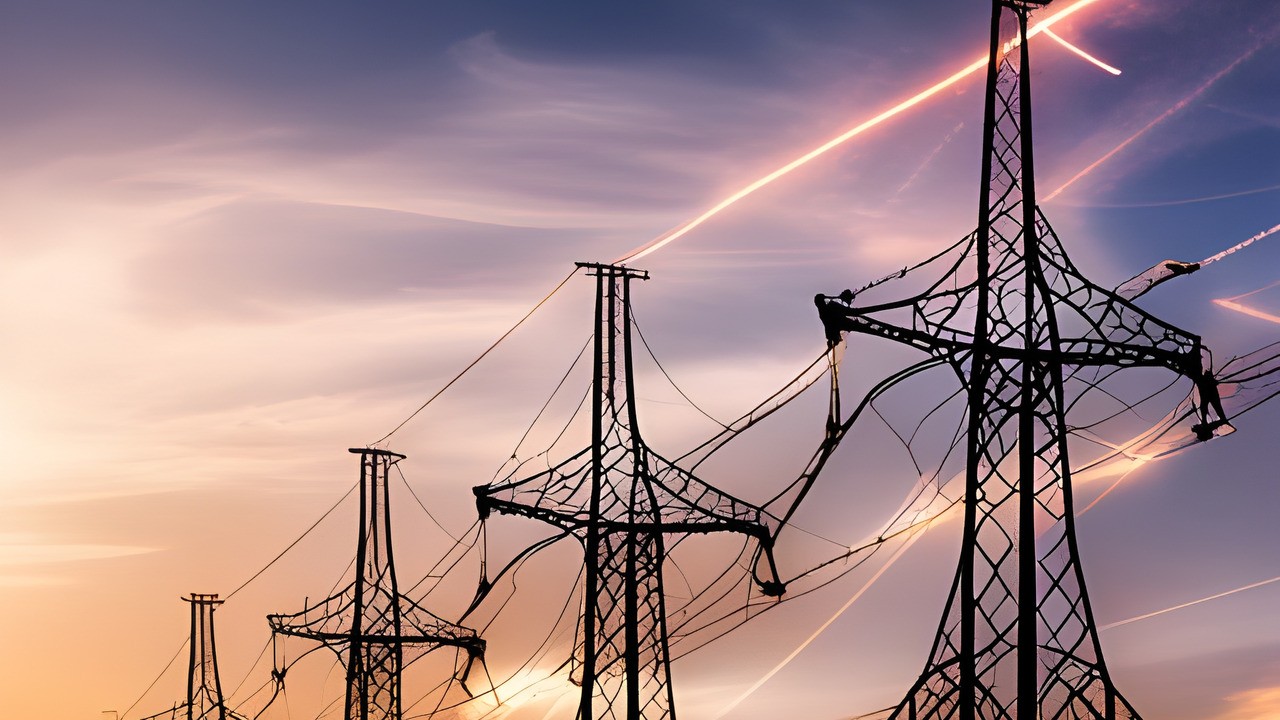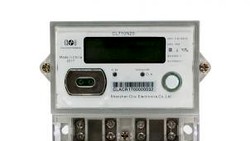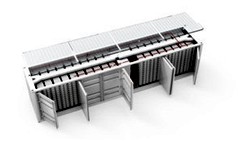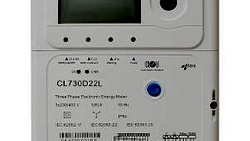As the demand for energy efficiency and sustainability increases, utility companies are turning to smart meter technology to modernize the electric grid. While this technology offers real-time monitoring of energy data and enables remote control of power supply, it also presents an array of cybersecurity risks and challenges that cannot be ignored.

Data Privacy Concerns
One of the primary concerns associated with smart meter technology is the potential for data privacy breaches. Smart meters collect detailed information on energy usage, which could reveal sensitive personal information. It is essential to implement robust data protection measures to safeguard against unauthorized access to this data.
Cyberattacks and Hacking
Smart meter technology also presents a significant cybersecurity risk. Cybercriminals can exploit vulnerabilities in the smart meter infrastructure to gain unauthorized access, steal data or launch cyberattacks. Utility companies must implement effective cybersecurity measures to prevent these attacks.
Lack of Standardization
Another challenge associated with smart meter technology is the lack of standardization. Different utility companies use different smart meter technologies, which can make it difficult to implement universal cybersecurity measures. It is essential to establish industry-wide standards for smart meter cybersecurity.
Budget Constraints
Utility companies often face budget constraints when implementing smart meter technology, which can make it difficult to invest in adequate cybersecurity measures. However, cybersecurity must be a top priority to ensure the integrity and security of the electric grid.
Ageing Infrastructure
Ageing infrastructure can present a challenge to the implementation of smart meter technology. Older systems may not be compatible with newer technology, which can make it difficult to modernize the grid. It is essential to invest in upgrading infrastructure to ensure that smart meter technology can be effectively implemented.
Takeaway
While smart meter technology offers numerous benefits, it is crucial to consider the cybersecurity risks and challenges associated with its implementation. Data privacy concerns, cyberattacks, lack of standardization, budget constraints and ageing infrastructure are all significant challenges that must be addressed to ensure the integrity and security of the electric grid.
If you are curious about our smart meters, advanced metering infrastructure (AMI) or distribution management software solutions, please do not hesitate to reach out to us. Our team is here to assist you and provide you with the information you need to make informed decisions. Contact us today to learn more about how our solutions can benefit your organization.
Editor's note: This article was originally published in April 2023 and has been updated for comprehensiveness.





All comments are moderated before being published. Inappropriate or off-topic comments may not be approved.